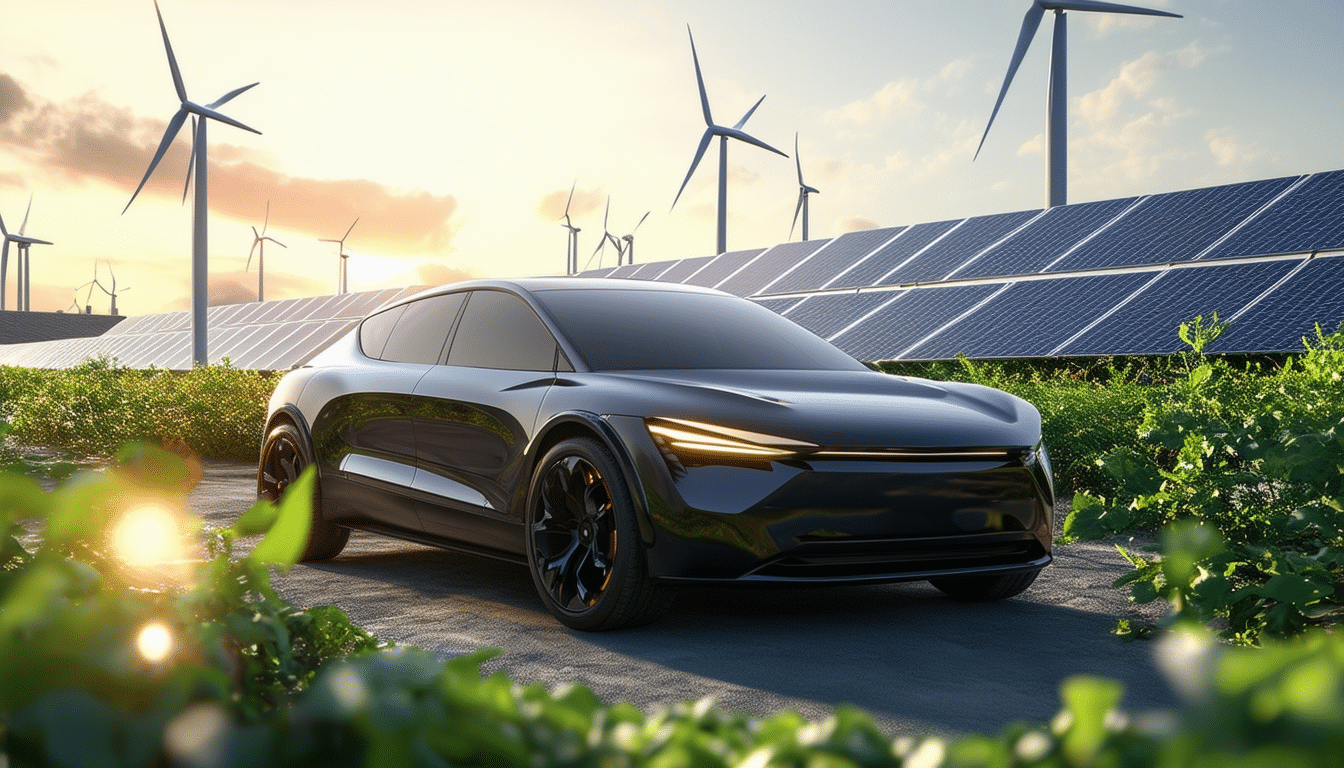How to improve the energy efficiency of a vehicle

The energy efficiency of a vehicle is a crucial aspect that affects not only the performance and economy of the car, but also the environmental impact. There are various strategies and practices that drivers can implement to maximize energy use and reduce their consumption. From driving adjustments to proper vehicle maintenance, every action counts towards improving energy efficiency. In this context, it is essential to know and apply practical advice that allows for optimizing performance and contributing to more sustainable transportation.
The energy efficiency is a crucial aspect in the functioning of today’s vehicles. With rising fuel prices and increasing awareness about sustainability, maximizing your vehicle’s efficiency not only helps save money but also contributes to the reduction of carbon emissions. Below are various practical strategies that drivers can implement to improve their vehicle’s energy efficiency.
Maintain efficient driving
Adopting driving habits that promote energy efficiency is fundamental. Driving smoothly and avoiding acceleration and hard braking can make a significant difference in fuel consumption. Additionally, maintaining a constant speed and respecting speed limits are practices that will optimize your vehicle’s performance.
Use of regenerative braking
If your vehicle is an electric car or a hybrid, taking advantage of regenerative braking can significantly increase energy efficiency. This technology allows recovering part of the vehicle’s kinetic energy during braking, which can be used to recharge the battery.
Optimize vehicle maintenance
Regular maintenance of your car is essential to ensure its efficiency. A well-tuned engine and fuel systems in good condition contribute to lower energy consumption. Changing air and oil filters timely, as well as performing periodic inspections, are essential practices to maintain engine efficiency.
Tire pressure
The proper tire pressure is a often overlooked factor that directly influences fuel consumption. Underinflated tires increase rolling resistance, resulting in higher energy expenditure. It is recommended to check tire pressure at least once a month.
Utilize aerodynamics
The aerodynamic design of the vehicle plays a vital role in its energy efficiency. Reducing wind resistance results in lower fuel consumption. To achieve this, it is advisable to avoid carrying cargo on the roof and keep windows closed while driving.
Efficient climate control
The climate control of the vehicle is another area where efficiency can be improved. It is advisable to climatize the car before starting the journey, preferably while the vehicle is parked. Likewise, using air conditioning moderately and opting for natural ventilation whenever possible helps reduce energy consumption.
Technological innovations
Incorporating emerging technologies in vehicles also contributes to improving their energy efficiency. Systems like Start-Stop technology automatically shut down the engine during brief stops, reducing fuel consumption. For more information about models that include this technology, you can consult this link.
Route planning
Proper route planning before embarking on a trip can make a significant difference in fuel consumption. Using navigation apps that optimize routes and avoid traffic can make the journey more efficient. This not only saves fuel but also reduces travel time.
Conclusion
Implementing these strategies is not only beneficial for household budgets but also contributes to a more sustainable environment. For more information about energy efficiency and its impact on fuel consumption, we invite you to read this article. Additionally, consider the tips on how to improve fuel efficiency in your vehicle through this link.
Finally, do not forget that proactive maintenance and the adoption of advanced technologies are key to reducing fuel consumption. You can find out about recent innovations that could revolutionize engine efficiency through this link.
Collective decisions in the use of electric technologies and in reducing emissions are fundamental for a more sustainable future. It is everyone’s responsibility to contribute to energy efficiency in all aspects of life, including transportation.
Lastly, the Ministry of Transport has launched ambitious plans to reduce electricity consumption and emissions on the road network. More information about this strategy can be found in this link.
To improve the energy efficiency of a vehicle, it is essential to adopt a series of practices that optimize performance and minimize energy consumption. One of the most effective strategies is to maintain a smooth and constant driving. Avoiding acceleration and hard braking is not only beneficial for the environment but also prolongs the vehicle’s lifespan.
Another crucial aspect is regular maintenance of the car. Ensuring that the tires are properly inflated, the filters clean, and the engine tuned can make a significant difference in efficiency. Additionally, reducing unnecessary weight in the vehicle should also be considered, as every extra kilogram requires more energy to move.
Aerodynamics also plays a vital role. Opting for a more aerodynamic design and minimizing wind resistance reduces fuel consumption. This can be achieved by closing windows at high speeds or using accessories that promote air flow.
Finally, implementing technologies such as regenerative braking available in many electric vehicles is recommended. This system converts part of the kinetic energy into electrical energy during deceleration, contributing to improved overall efficiency of the car.
By applying these tips and strategies, significant savings in energy consumption can be achieved, as well as a contribution to caring for the environment by reducing polluting emissions. The combination of appropriate practices and advanced technology is key to optimizing and maximizing energy efficiency in today’s vehicles.




